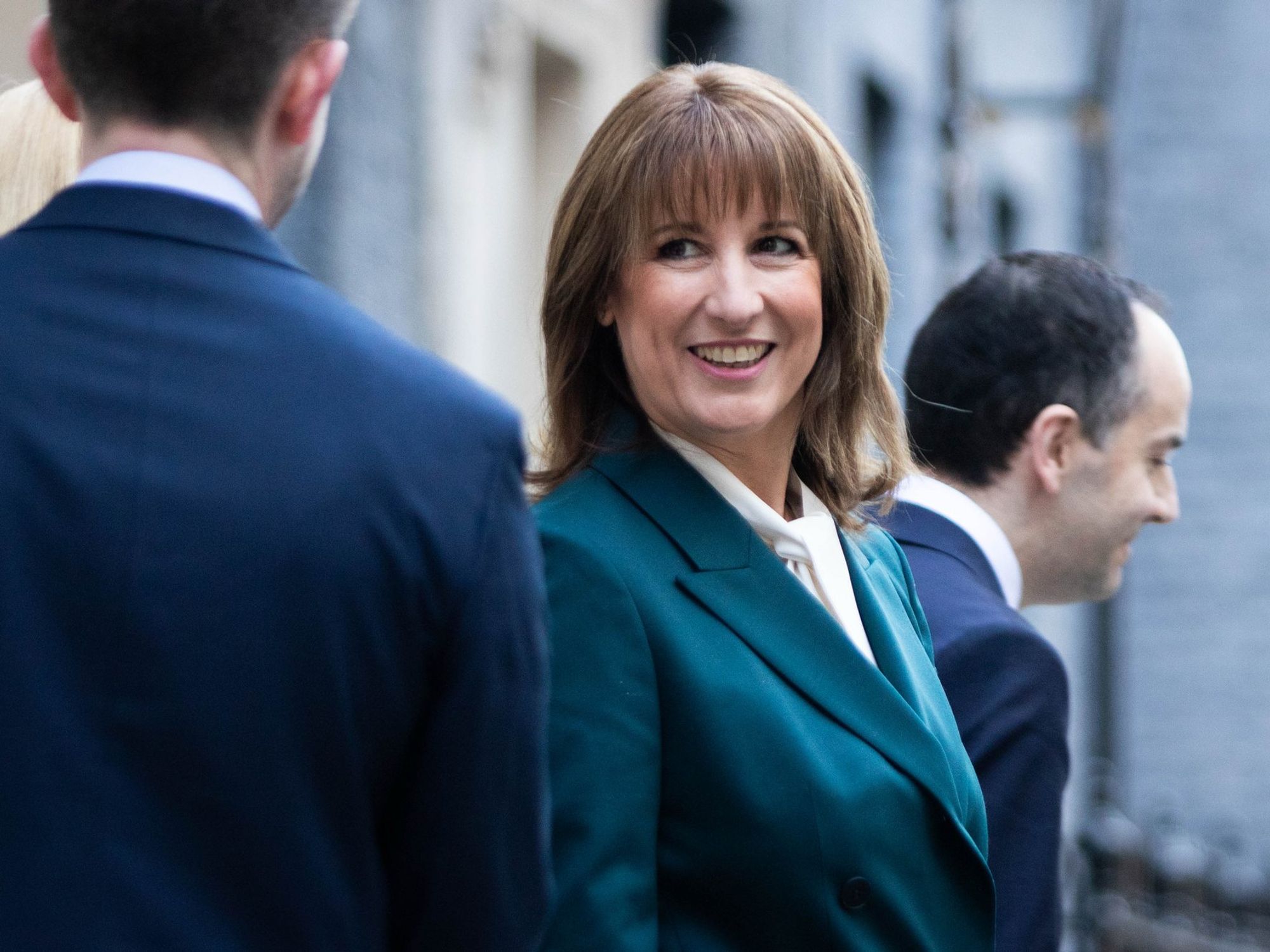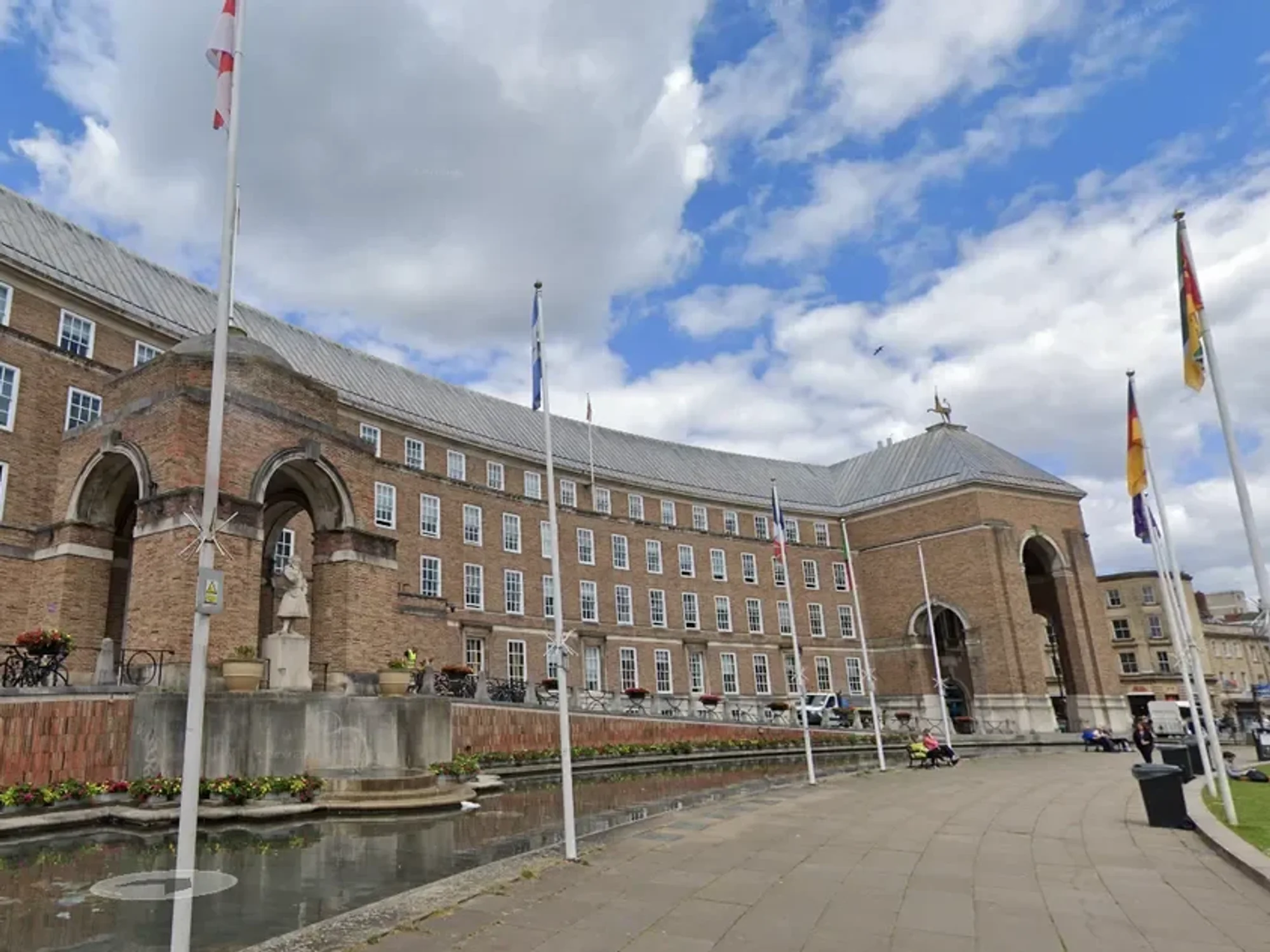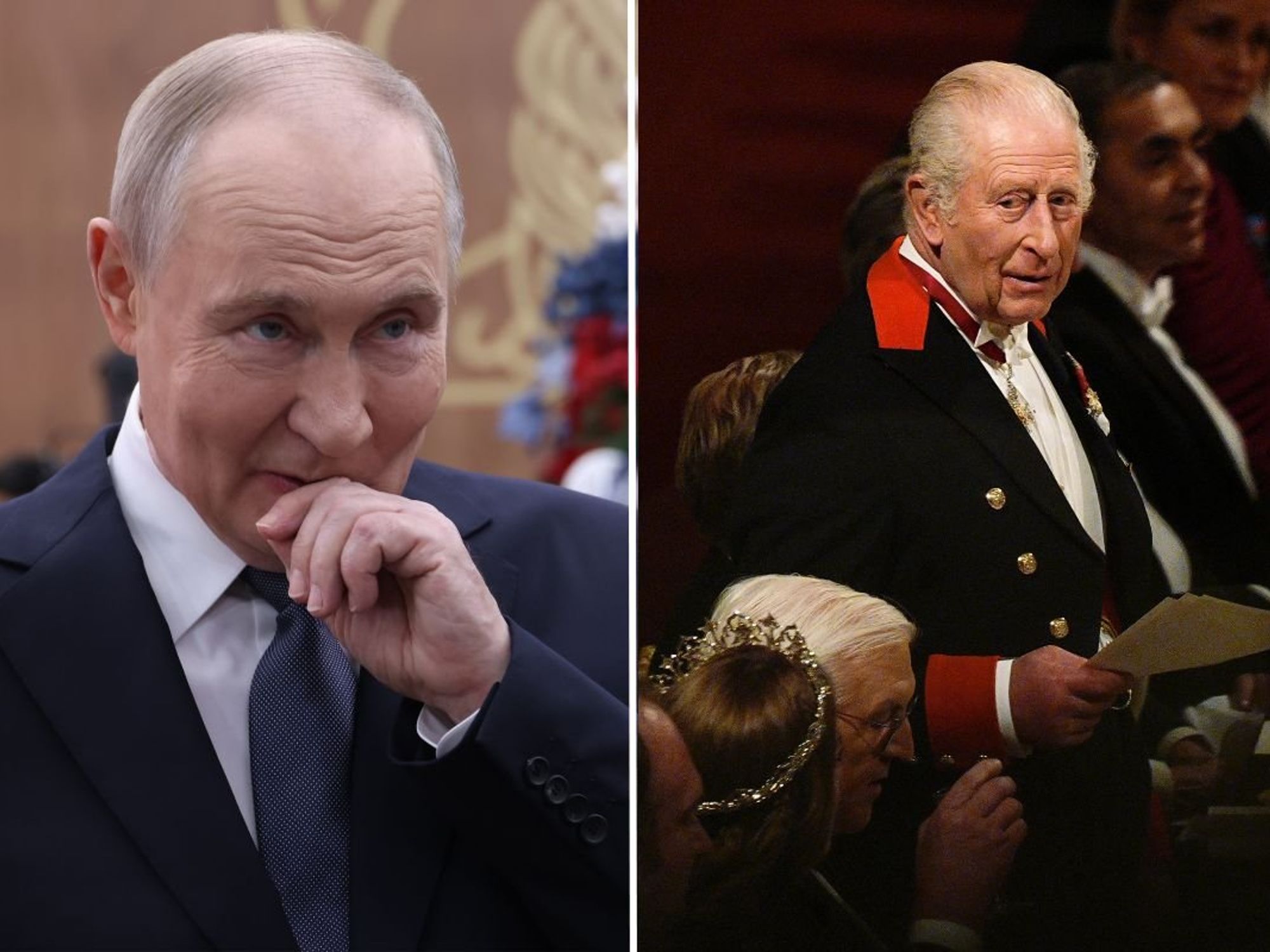UK and Norway sign agreement to boost security across Europe and beyond
Boris Johnson met with Norway's Prime Minister Jonas Gahr Store at 10 Downing Street today
Don't Miss
Most Read
Boris Johnson and his Norwegian counterpart have signed a new joint declaration stating the countries will work together to boost “security, sustainability and prosperity” in Europe and beyond.
The pair made the move following a meeting in London, where they were said to have “underscored their full support” for any choice by Nordic partners to enhance their security.
It comes after Finland’s leaders announced that they backed the country joining Nato.
Prime Minister Boris Johnson and his Norwegian counterpart Jonas Gahr Store
Frank Augstein
The leaders outside 10 Downing Street
Victoria Jones
Finland had previously opted to stay neutral and keep out of the alliance for fear of antagonising Russia.
Sweden is also expected to decide on joining Nato in the coming days.
Earlier, Norway’s Prime Minister Jonas Gahr Store told broadcasters this was a “historic” time for his region.
According to No 10, Mr Store observed that the new declaration will mean Norway co-operates “more extensively with the UK than any other country in the world”.
At their meeting, the leaders were said to have discussed the security situation in northern Europe and stressed that Russian president Vladimir Putin’s “barbaric” invasion of Ukraine and “hostility” towards neighbouring states was “totally unjustified”.
Downing Street said the leaders agreed on the need for Nato allies to back Ukraine politically, taking a “unified approach” that “avoids giving Putin licence to further twist the knife in the wound”.
The pair also spoke about the “pressing need” to boost the supply of sustainable energy, No 10 said, with Mr Johnson remarking that “the sky was the limit” when it came to collaboration between the two countries on the issue.
The new joint declaration on the UK-Norway relationship focuses on seven key areas: security and defence; global challenges; energy, economic and investment co-operation; climate change and environmental issues; research and innovation; culture and education; and strategic dialogue and institutional exchanges.













